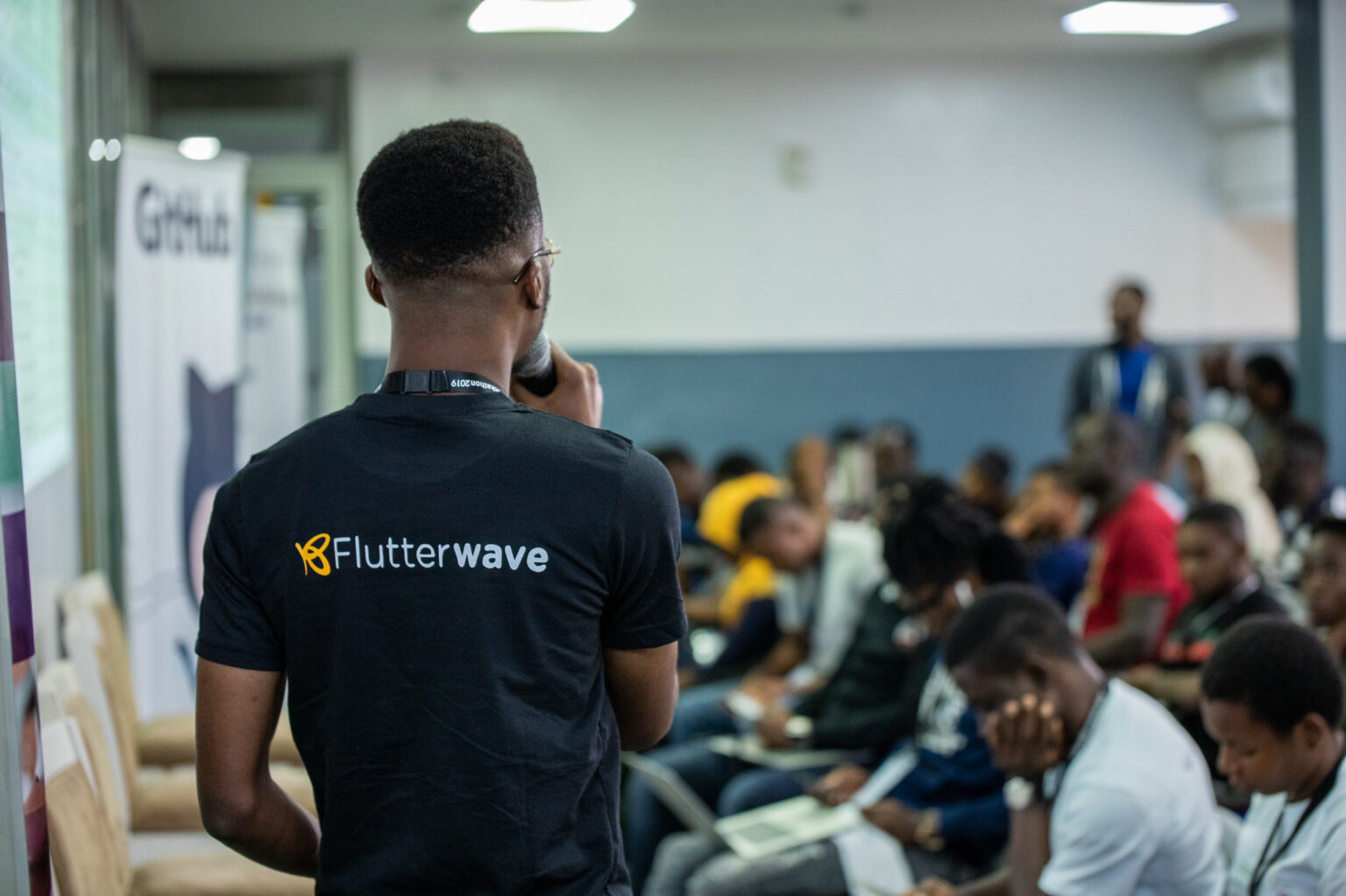Global Courant 2023-05-26 16:19:02
When Olugbenga “GB” Agboola founded Flutterwave, his goal was simple: to give businesses in Africa a way to leverage modern financial systems. But what eventually happened went far beyond what he had imagined.
Born in Nigeria and educated at MIT Sloan School of Management in Massachusetts, Olugbenga Agboola knew a thing or two about modern payment methods. His career has included periods at international banks, as well as both PayPal and Google, where he worked at the cutting edge of modern payment services.
Having lived in Europe, Africa and North America, he saw the differences in financial infrastructure closely. In the United States and Europe, credit systems have been around for decades, but Africa was behind the times. But as new types of payment systems gained popularity around the world, he saw an opportunity for Africa.
Olugbenga Agboola believed that African small businesses would benefit from a unique payment infrastructure. It was a revolutionary idea due to the low usage of credit cards on the continent. Even in 2021, only 3% of Nigerians owned a credit card. But Agboola had seen the need firsthand and knew a payment system could boost African companies.
“I used to work for a bank called Standard Bank of South Africa. At that bank I was responsible for technology and building solutions. We had a client who was planning to expand its services across Africa, but paying the salaries of its staff in Nigeria became a hassle,” he explains. “Now they had money to pay the salaries of their staff. It was technologically possible, but operationally impossible for them to pay the salaries of their staff in Nigeria.
“This was true even though we had activities as a bank in both countries. But the bank could not simply pay the staff in other countries. They had to use it, which meant that the money had to go from Ghana to New York and then from New York to Nigeria, which took three days and cost extra money. It would be faster and cheaper to take the one-hour flight from Ghana to Nigeria with cash.”
The origin story of Flutterwave
This is how the idea of Flutterwave was born: Olugbenga Agboola wanted to create an infrastructure that enabled a direct and fast payment system. He wanted cross-border payments in Africa to be seamless.
“The urgent thing here was that we needed to build a payment system that connected each payment type so that businesses could transfer money literally in seconds instead of sending money to the US and back for three days,” he continued. “We wanted payments in Africa to be as cheap as a local transfer, even when crossing countries, just like businesses in the UK can do things.”
The result was a new kind of fintech company. While it was first built to house larger businesses, it has potential for small businesses enterprises became apparent almost immediately. Soon, Flutterwave became the first unicorn startup in Africa, recently reaching a valuation of over $3 billion.
But the impact on small businesses is even greater.
“Over the past more than seven years, we have built the infrastructure and implemented technology that now makes it easy for a small business in Nigeria to pay someone in Ghana, and they get the money right away,” said Olugbenga Agboola. “Or for a large corporate merchant like Uber to pay their drivers in Africa and for those drivers to get paid quickly.”
And it didn’t stop there.
As Flutterwave entered new markets, its usefulness to smaller and smaller companies grew. When the COVID-19 pandemic hit, the company shifted gears and opened a digital storefront where smaller retailers could sell their products online – and receive payments. This opened up a global market for African sellers at a time when they needed it most.
In 2021, the company launched Send, another new product that allows individual Africans to send and send receive money of people all over the world. It is the first remittance service to target Africans. It has already made a huge difference in the lives of millions of people who have easier access to money from family and friends to cover medical bills, rising rent costs and more.
And Olugbenga Agboola is not done yet. He has big plans for the future of Africa’s financial systems and how the internet can help small businesses. He believes Africa can quickly catch up with the rest of the world and benefit directly from new financial technology.
“Right now everyone is seeing the (artificial intelligence) trend, which is pretty fascinating. But aside from the AI trend, I see the way people handle money changing tremendously, and that will impact the way payments are made,” he said. “That could give us an edge as a company in the future So that’s what I’m looking at very closely.”








